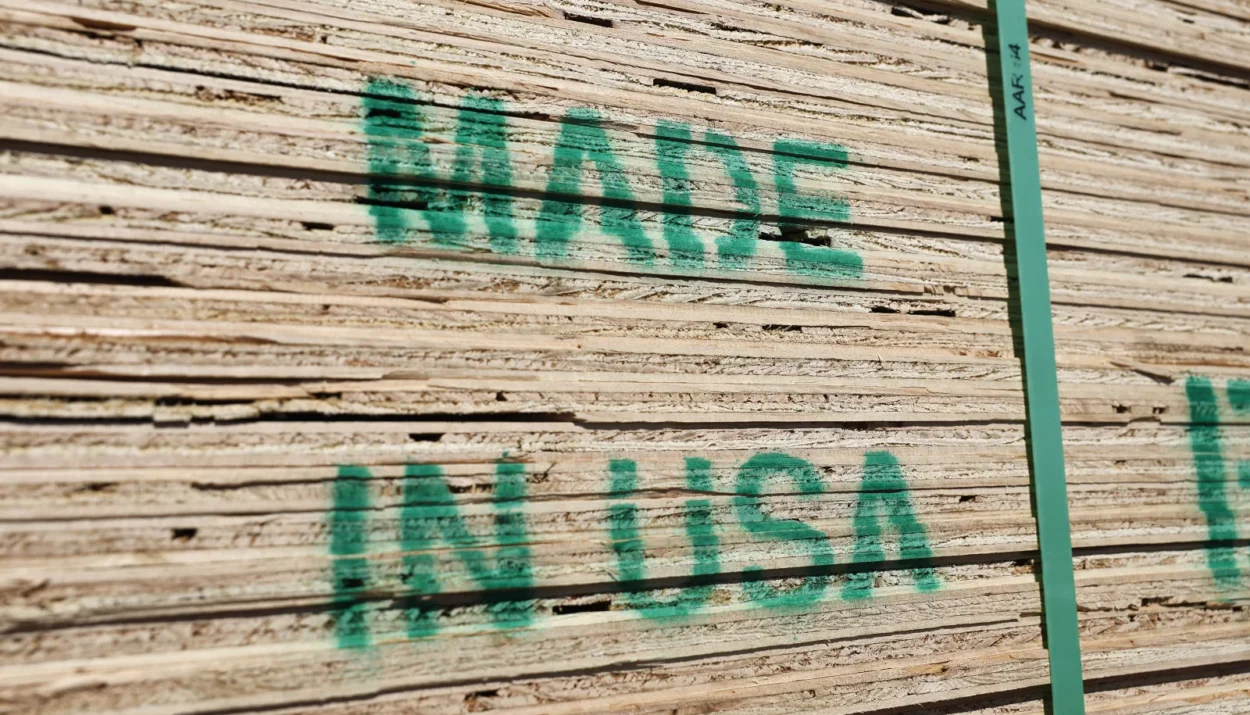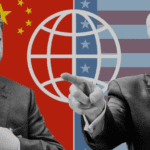As tariffs upend global supply chains and consumers increasingly seek out domestic products, the “Made in USA” label is once again in the spotlight. But according to trade experts, that reassuring stamp might not tell the whole story.
Strict but Flexible Standards
The Federal Trade Commission (FTC) mandates that for a product to claim it’s “Made in USA,” “all or virtually all” of its parts and labor must originate from the U.S. But virtually all leaves room for some foreign components — as long as they don’t substantially change the product’s identity.
Historical Roots:The idea of “substantial transformation” dates back to a 1908 Supreme Court case involving Anheuser-Busch using corks from Spain. Since the cork didn’t change the beer’s essential character, it didn’t alter the country of origin.
‘Assembled in USA’ — A Different Standard
Products with significant foreign parts can still carry an “Assembled in USA” label if key assembly work is done domestically. But quick tasks, like screwing in a motherboard, don’t count. A computer simply assembled from imported parts should more accurately be labeled “Made in U.S. from Imported Parts.”
Meat Labeling: A Special Case: Things get even murkier in the food sector. Thanks to a 2015 WTO ruling, beef and pork are no longer required to disclose their country of origin. As a result, meat from cattle raised entirely in Mexico can be slaughtered the same day it crosses the U.S. border — and still be sold as a “Product of the USA.”
Cars and Trade Agreements Add Layers: You won’t see a car truly labeled “Made in USA” anytime soon. Even American-assembled vehicles often include significant foreign components. Meanwhile, agreements like USMCA allow small commercial imports without full origin labeling.
A Word of Caution: “If you’re buying asparagus in December, you shouldn’t fool yourself about where it’s coming from — it’s not coming from here,” warns Pam Lewison of the Washington Policy Center, highlighting how seasonal produce labeling can mislead buyers.
For now, shoppers eager to support American-made goods will need to read labels carefully — and sometimes do their own detective work.
Disclosure: This article does not represent investment advice. The content and materials featured on this page are for educational purposes only.
Related:
Conflicting US-China talks statements add to global trade confusion
Shein and Temu Hike Prices as Trump’s 120% Tariff Takes Effect Next Week
Buy Now, Pay Later Use Surges — But Trouble May Be Brewing
Trump’s TIME Interview: Key Takeaways on Trade, Foreign & Domestic Policy
Trump denies China’s statement about no trade talks with US, says they met ‘this morning’
Donald Trump to exempt carmakers from some US tariffs
EU slaps Apple and Meta with $800 million in antitrust fines. Meta calls its penalty a ‘tariff’
Tesla Earnings: Profit Plunges 71%, Elon Musk will step back from DOGE










